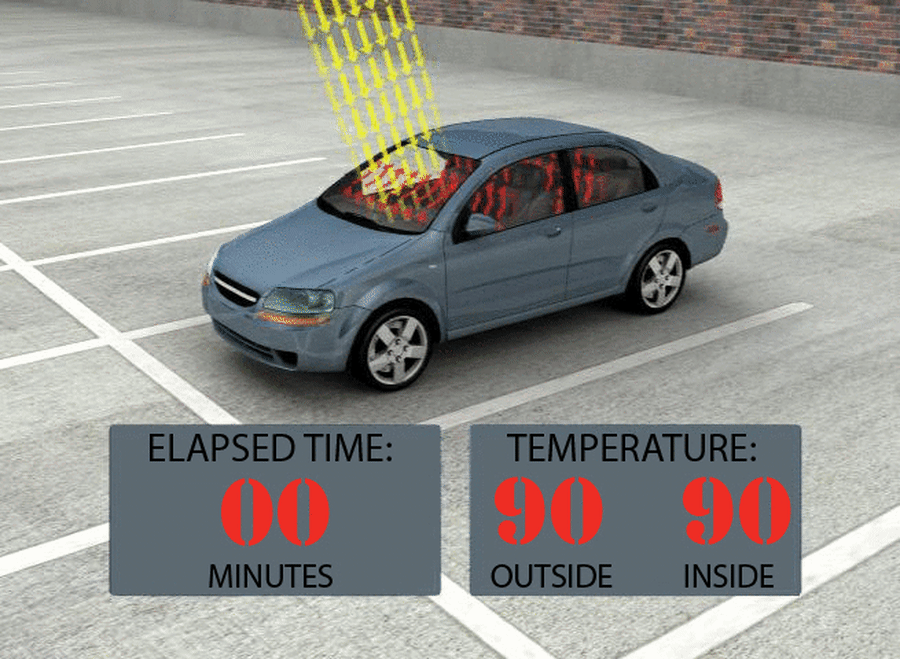JACKSONVILLE, Fla. – We’re halfway through the hottest weekend of the year, with feel-like temperatures in the triple digits and summer just beginning.
Staying hydrated, wearing sunscreen and checking on the elderly are key components to beating the heat.
According to Florida Environmental Public Health Tracking, Duval County averages 63 days a year above 90 degrees.
Christian Smith, with the American Red Cross in Northeast Florida, says that it’s important to stay hydrated even if we’re not thirsty.
When it comes to checking in on the elderly, COVID-19 can make checking on loved ones and elderly neighbors a challenge.
“You don’t necessarily have to go and be in direct contact with them. It may be that you can pick up the phone and check on them each day on making sure that they have some kind of activities to do inside,” said Smith.
So as we get into the thick of summer, make sure you have a way to communicate with those who may need help.
Here are some ways to stay cool during a heatwave from the American Red Cross:
- Stay hydrated by drinking plenty of fluids even if you do not feel thirsty. Avoid drinks with caffeine or alcohol.
- Eat small meals and eat more often.
- Avoid extreme temperature changes.
- Wear loose-fitting, lightweight, light-colored clothing. Avoid dark colors because they absorb the sun’s rays.
- Slow down, stay indoors and avoid strenuous exercise during the hottest part of the day.
- Postpone outdoor games and activities during the hottest part of the day.
- Use a buddy system when working in excessive heat.
- Take frequent breaks if you must work outdoors.
- Never leave children or pets alone in enclosed vehicles.
- Check on family, friends and neighbors who do not have air conditioning, who spend much of their time alone or who are more likely to be affected by the heat.
- Check on your animals frequently to ensure that they are not suffering from the heat.
When talking about summer heat, cars can act like oven and pose a serious threat during the hot summer months.
With an outside temperature of 90 degrees, it only takes 10 minutes for the inside of the car to reach an unsafe temperature of 109 degrees.

So far in 2020, there have been six recorded pediatric vehicular heatstroke deaths in the United States, and in 2019, there were 52.
“You just think you’re going to only be a moment, but taking those necessary precautions and taking everybody in with you or not taking them with you in the car to start with,” Smith said. “Definitely don’t leave people you don’t leave children and definitely don’t leave leaving animals.”
A 30 year average of weather-related fatalities shows that heat is the leading cause of weather deaths.

